Films

Feature Length Films
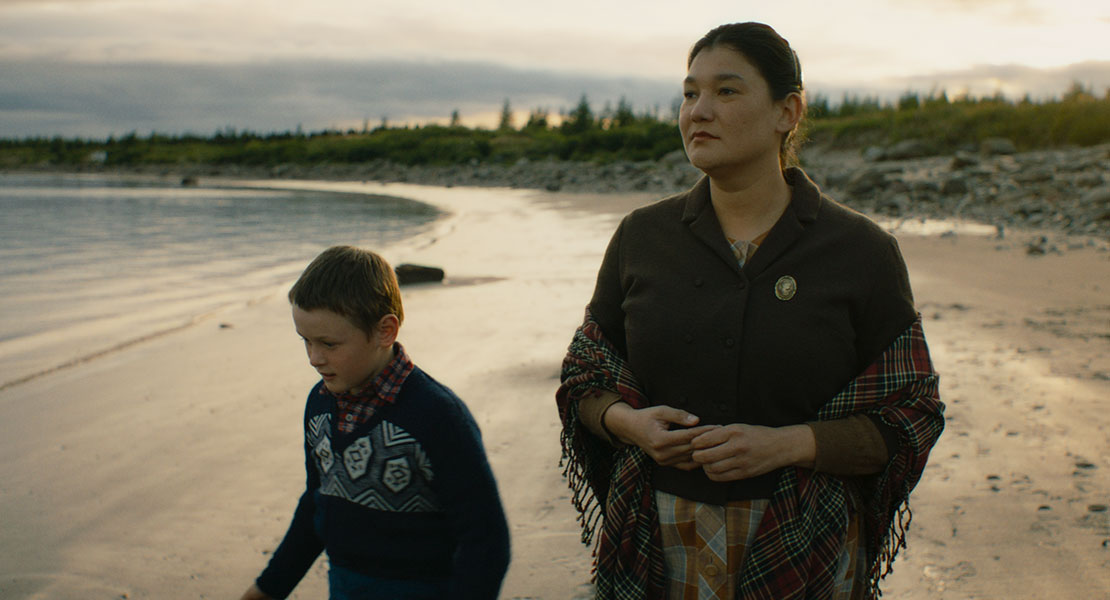
Restless River (2019)
In northern Quebec, just after World War 2, a young Inuk woman is raped by an American soldier from an army base near her village. Torn between two worlds by the birth of her blond-haired, blue-eyed son, she struggles to come to terms with the implications of his dual heritage. Adaptation from Gabrielle Roy’ s novel La rivière sans repos. Co-production Nunavut-Québec.
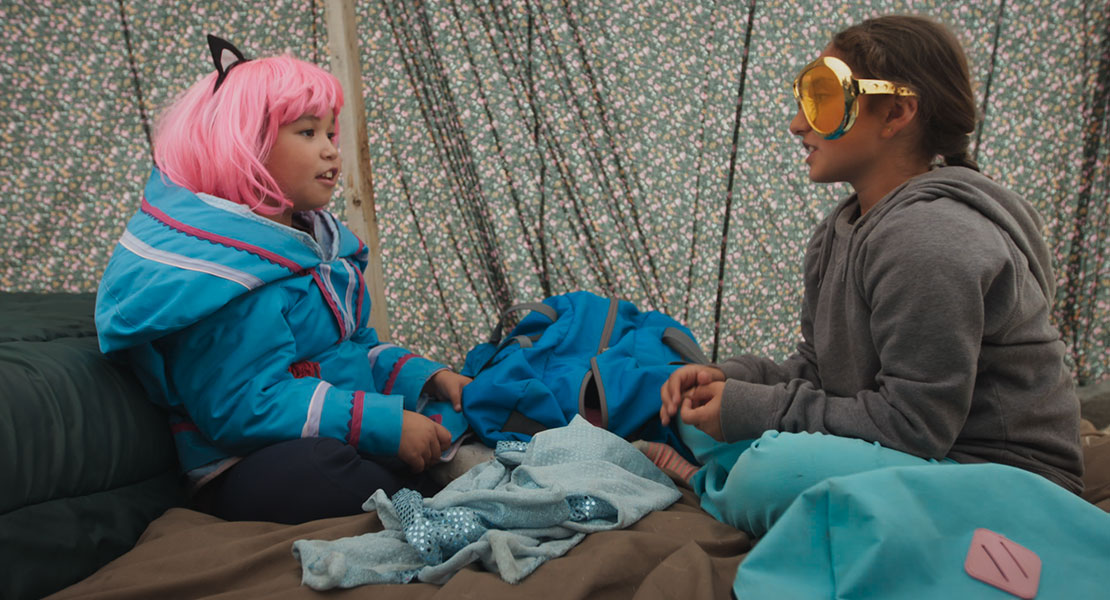
Tia And Piujuq - Movie For Children (2018)
Tia, a young girl recently moved to Montreal from Syria, is magically transported to the Artic and befriends Piujuq, an Inuk girl. But when something threatens Tia’s return, the girls must immerse themselves on a journey of Inuit myth and legend. Shot in Montreal and Nunavut. Director: Lucy Tulugarjuk.
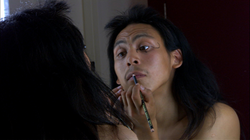
Sol (2014)
SOL is a moving tribute to Solomon Tapatia Uyarasuk, a charismatic young Inuk, an amateur acrobat, musician and poet, who was found dead in the Igloolik police station in 2012. He was 26. The police suggest suicide, but two years after Solomon’s death, his family and friends are still waiting for an official answer regarding the circumstances of his death. This compassionate portrait examines the underlying issues of youth suicide in Canada’s North while investigating the truth behind Solomon’s tragic death.
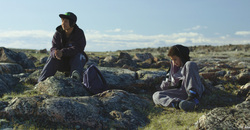
Uvanga (2013)
Anna, a Montréal woman and her 14-year-old son Tomas travel to the High Arctic so he can meet his late father’s Inuit family for the first time. Tomas is curious about his father’s culture, but his father is no longer around to show him the way. For his mother and Inuit family, the joy of homecoming is mixed with memories of a brief and painful chapter in their shared history. Over the course of two weeks that seem to blend into one long day under the midnight sun, Anna and Thomas strive to rebuild the family they can no longer ignore.
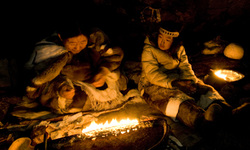
Before Tomorrow (2008)
In 1840, two isolated Inuit families reunite in celebration after many years of separation. These tribes have never met any white people, although rumours circulate about them. When Ninioq, an old woman, her best friend, Kuutujuuk, and her grandson, Maniq leave camp to dry fish on a remote island a strange illness attacks the camp. After the death of Kuutujuuk, Ninioq and her grandson are left alone in the world and most find the means and the will to survive. Before Tomorrow won a Best Canadian First Feature at the Toronto International Film Festival in 2008.
Medium Length Films
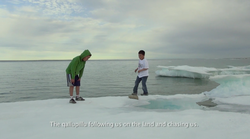
Of Ravens and Children (2015)
In keeping with the Inuit oral culture, Of Ravens and Children is a documentary exploring the issues of family, community, self, environment and culture. Children and teens of Igloolik participated in a summer camp where they could openly talk about global issues. Elders speak about the importance of story-telling in their culture and we witness the challenges and victories of the passing of this important tradition in the Igloolik youth of today.
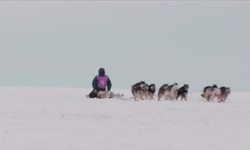
Queen of the Quest (2010)
As the first woman to compete and win the “Nunavut Quest” dog team race, Denise Malliki is a great source of inspiration for many young Inuit women and men as well as a compelling ambassador for Inuit culture and traditions.
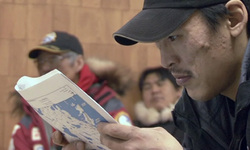
Show me on the Map, Part 1: A Changing World (2010)
On Baffin Island, two mountains of ore will be cut down at Mary River. Some residents of Igloolik react to this development : they worry that this industrial development will destroy their environment and the marine mammals as well as their culture and hunting life style. Show me on the Map let Aboriginal citizens voice their concerns and expose their points of view about mining industry development on their territories.
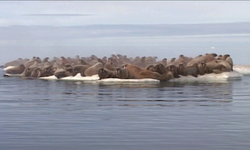
Show Me On The Map, Part 2: People Can Stand Up (2010)
The Inuit organizations of Nunavut have recently opened the way to uranium mining. Some Nunavut residents want to voice their concerns and created a grassroots organization to ask for a public inquiry; should Nunavut open the way to nuclear energy or not?
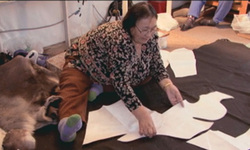
Traditional Clothing Igloolik Style (2009)
Susan Avingaq, from Igloolik, directed this tribute to the craft of traditional inuit clothing.
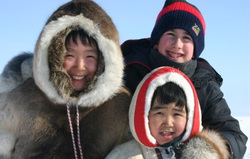
Unakuluk, Dear Little One (2005)
Rooted in tradition, adoption is a reality that all Inuit families have experienced. In Inuit culture, adopting a child from a relative, friend or acquaintance is a common practice. Marie-Hélène Cousineau, the adoptive mother of Apak, lived in Igloolik, a small island southwest of Baffin Island in the Arctic, for many years.
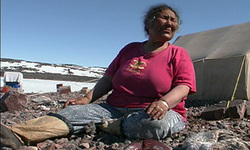
Anaana (2001)
Abandoned by her father, a White RCMP officer, Vivi Kunuk was adopted by the Inuk family of her mother who raised her as a boy. This is but one remarkable chapter in her life. With her husband Enuki, she raised eight children, including award-winning filmmaker Zacharias Kunuk, living most of the year on the land as her nomadic ancestors did prior to the creation of government settlements in the 1950’s. Surrounded by her grandchildren, she recounts stories about the land she knows intimately and her life’s destiny on Baffin Island. The history of changes experienced by Inuit people in the last sixty years is contained in the stories of Vivi Kunuk.
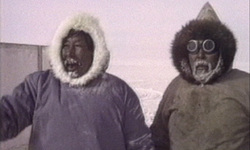
Travelers (1996)
An experimental documentary about the relationships between director Marie-Hélène Cousineau and the women of Arnait Video Productions. The film is a self-portrait and an exploration of the distances travelled in life across land and time, through cultures and with personal growth and courage.
Short Films
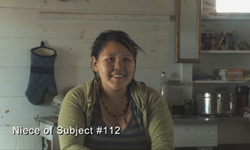
Charlie Pisuk (2011)
Charlie Pisuk is your uncle, your cousin, your brother-in-law. What do you have to say about him? Someone is listening… A mockumentary that highlights the problems of psychological assessments in cross-cultural situations.
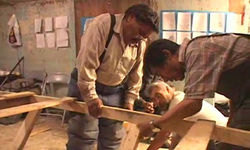
Umiaq (2007)
Umiaq is a documentary about a group of elders in Igloolik, who decide to build an umiaq, a boat covered with seal skins. In Inuktitut.
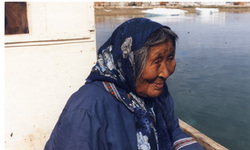
Ningiura, My Grandmother (2000)
Ningiura is an experimental fiction based on authentic oral histories, traditional knowledge and contemporary reality of Igloolik today. An elder and her grand-daughter get to know and appreciate each other after a family tragedy.
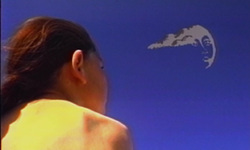
Aqtuqsi, My Nightmare (1996)
An aqtuqsi is a dream from which one must wake up, a paralyzing nightmare. “I decided to put my aqtuqsi in video. It’s so interesting because it is not a nightmare or a regular dream: an aqtuqsi is something that can paralyze you when you’re sleeping.” Mary Kunuk.
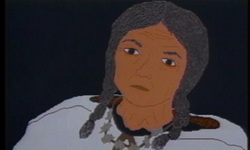
Unikausiq, Stories (1996)
In this computer animated work, Mary Kunuk explores stories and songs recalled from her own childhood. As she has said, “Recording them on video is my way of keeping them alive”.
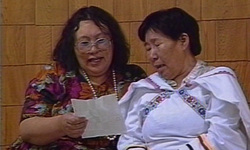
Piujuk and Angutautuq (1994)
This video is a portrait of two women from Igloolik: Madeline Ivalu (Piujuq) and Susan Avingaq (Angutautuq). Piujuq translates as “pretty face” and Angutautuk as “strong young man”. It contains images of both women from the past six years, engaging in community events. They perform many traditional songs. Computer illustrations created by artist Mary Kunuk are an integral part of the video.
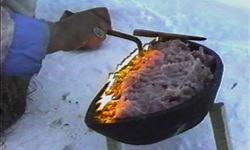
Qulliq, Oil Lamp (1993)
The qulliq is the seal oil lamp and stove of the old days, the only source of light and warmth. The women tell the story in words and songs as they install the qulliq in their igloo.
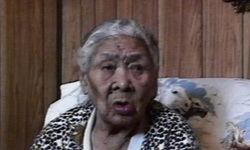
Attagutaaluk, Starvation (1992)
Rose Ukkumaluk, an Igloolik elder, relates the tale of Attagutaaluk, a woman who survived a starvation and lived to become an honoured resident of Igloolik.